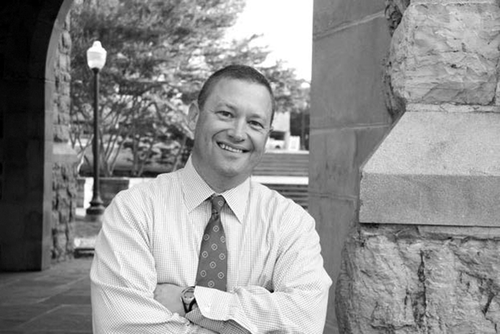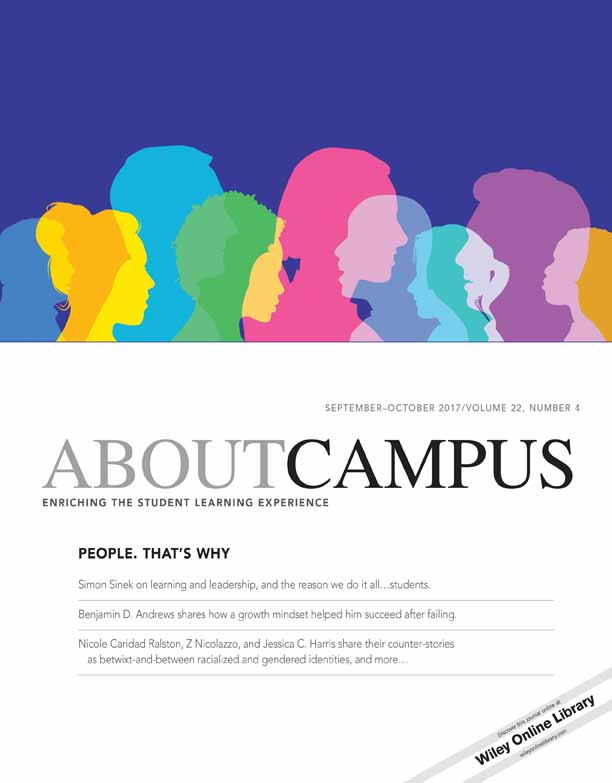People. That's Why
Dear Faithful Colleagues,
If you are like me, you may forget what you're doing when you're doing it. John Tagg makes this point in The Learning Paradigm College when he reminds us of an unintended inertia that plays out when our “means” are subtly subverted into “ends.” Our “check marks” next to tasks become proof of an accomplished mission: classes are taught, administrative tasks are completed, new buildings are built, and students graduate. Yet, this progress through our to-do lists, by itself, may circumvent the real reason our educational enterprise exists—to equip and shape human beings of character, integrity, capacity, will, and skill to improve our world.
At the end of it all, who among us will have the courage to ask, “What were we really doing when we were doing all that?” Asking that question will lead us in two directions: (1) to evaluate our real mission instead of counting our checked boxes and (2) to recognize the importance of the ‘we’ who are doing whatever we've decided to do.
Simon Sinek, whose provocative words you will find in this issue, argues that our universities would be more likely to try new things, take risks, experiment, and change if institutional leaders would take better care of the people who comprise them. He says that the best leaders commit to a culture that celebrates, develops, and rewards its people—its talent resource. Here, many readers would cry, “Absolutely! If only we had some better leaders at my institution who ‘get it!’”
But Mr. Sinek also warns against the blame and complain game and, instead, encourages each of us to become the leader we wish we had. We need to remember that we shape and influence those who work with us—and vice versa. We affect how people feel about our work environments, whether they “see” mostly possibilities or primarily obstacles, and—most importantly—how our colleagues and students make sense of the reason we are together in the first place. It is all too easy to lose track of the “why” that is so prominently beneath the surface in every potential move.
Whenever a prepared, empowered “we” mobilizes a passionate, productive “why,” the result is game-changing, life-altering, people-centric work that has the potential to change the course of history. Wherever there are these kinds of initiatives, you'll find folks making great sacrifices to get in on, rather than get out of, this work. Most of us already have a ‘we’ and a ‘why’ available. We simply must make courageous and altruistic choices to lead from wherever we sit and flee from the narrative that someone else controls our destinies.





